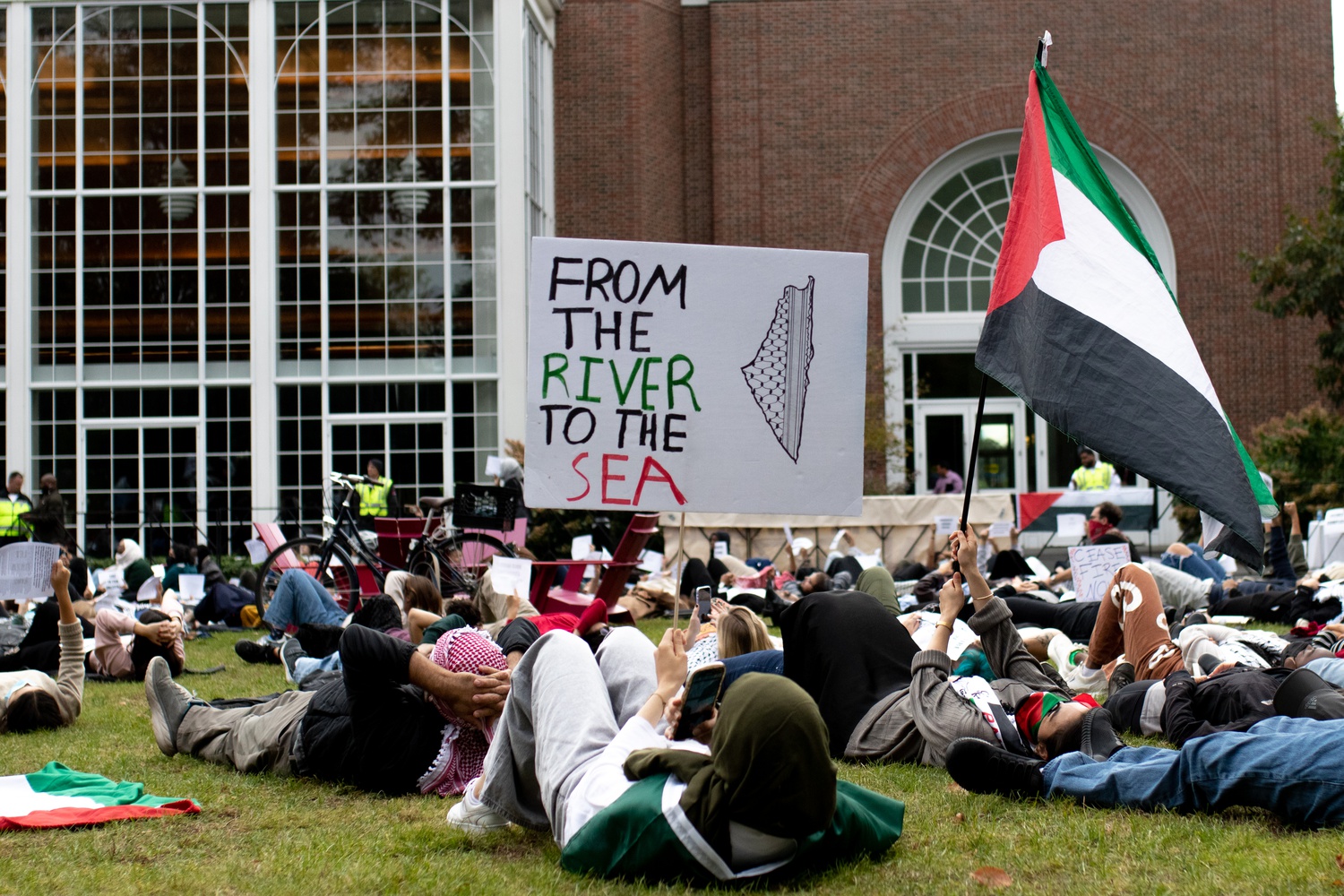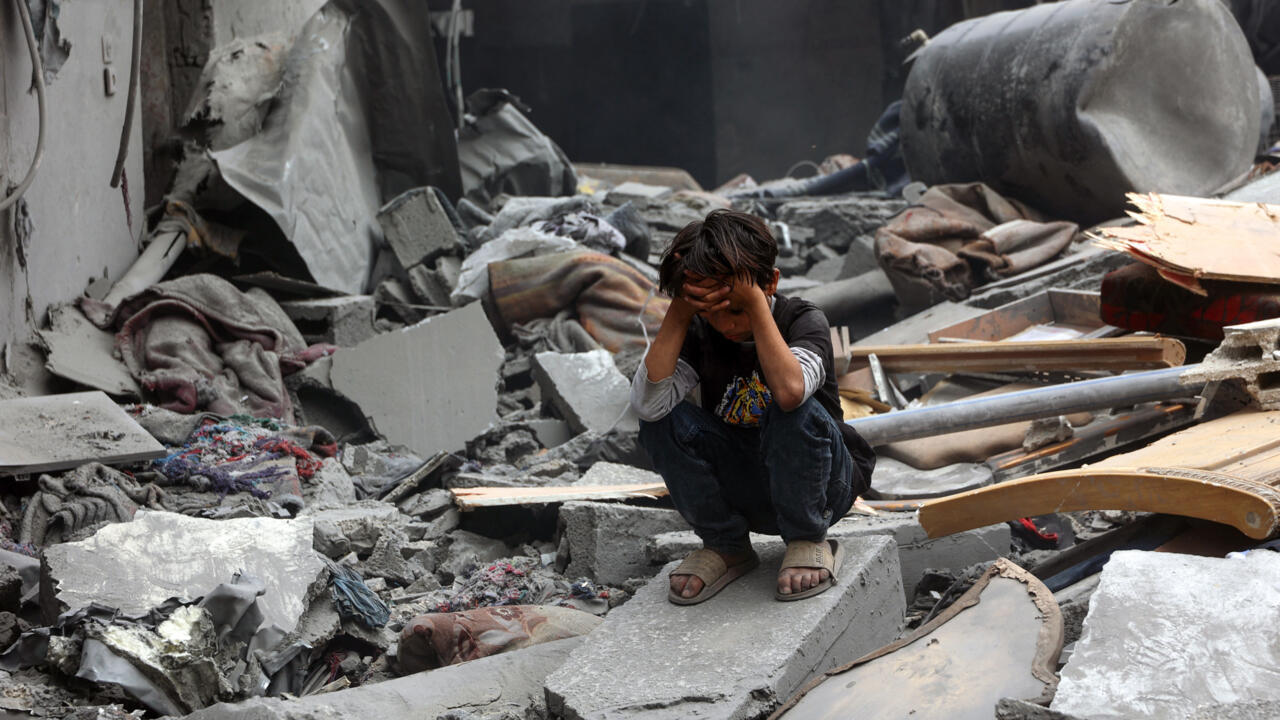Gaza Strip is experiencing a humanitarian crisis that is completely man-made as a direct product of Israeli policies.
The United Nations warned in 2012 that Gaza might become uninhabitable by 2020 unless drastic improvements were made and Gaza was allowed complete access to the outside world. We are in the 14th year of Israel’s unlawful blockade of Gaza, and the residents of Gaza continue to be refused human rights and a dignified life. Gaza has no realistic chance of improvement or regeneration. On the opposite, a fractured Palestinian government and the global pandemic are exacerbating and hastening the country’s social and economic decline.
Gaza people refuse to be characterized by the war that impact their lives, despite the closure, risks, and difficulties. They have aspirations for a better life, much like anyone else in the world. People are adamant about making life “sustainable,” and they do so with tenacity and ingenuity.
Gaza has been under Israeli military occupation since 1967. All roads and gates of the city, as well as its airspace and coastline, are controlled by Israel. As a result, Israel maintains full control of Gaza as an occupying force.
In 2007, Hamas overthrew Fatah in Gaza and seized control of the city. As a result, Israel placed a ground, sea, and air blockade on Gaza, effectively targeting the entire civilians for actions for which they bore no blame. This is a kind of ethnic cleansing that is explicitly prohibited under International Humanitarian Law.
The Israeli blockade of Gaza is enforced by a series of retaliatory sanctions and restrictions that prevent almost all citizens from entering or leaving Gaza. People with medical, industrial, or educational licenses are given rare exceptions. Goods import into Gaza, and export to Israel or other states, are severely limited. The Gaza Strip has plunged into a profound health and socioeconomic crisis.
In 2008, 2012, and 2014, Israeli sanctions and military aggression had a detrimental effect on Palestine’s economic condition. Gaza’s struggling economy is also being harmed by power blackouts. The private sector in Gaza is heavily reliant on Israeli licenses and policy decisions about the import and export of products, supplies, and raw materials. The Gaza Strip has been de-developed as a result of these highly restrictive conditions.
Statistics suggest that the rate of poverty in Gaza has risen to more than fifty percent. At least 75% of people rely on humanitarian aid and 69 percent of young people are unemployed. Almost all people, 95 percent, are deprived of clean drinking water, and persistent power outages have affected the supply of critical utilities like hospitals, water, and sanitation.
The WHO had informed that Gaza’s healthcare infrastructure was “on the verge of failure” well before the Covid-19 outbreak. A lack of medicines, medical supplies, and staff has occurred as a result of the blockade, subsequent military hostilities in 2008, 2012, and 2014, and decreased support for UNRWA (the largest healthcare practitioner in Gaza). Vaccines are now vital to ensure avoid disaster, but Israel has failed to supply them to Gaza, thus abdicating its obligations under the Fourth Geneva Convention as an occupying force.
The people of Gaza have stood firm in their resistance to the occupation, inequality, and deplorable quality of life. During the ‘Great March of Return’ in 2018 and 2019, civilian demonstrators called for an end to the blockade and their right to get back home. The Israeli military responded aggressively with violent and even deadly assaults.
Israel has the option of changing its policies and significantly improving the lives of Gazans. It may also opt to stick with this barbaric and unfair scheme, which condemns Gaza’s nearly two million residents to a life of abject poverty and near-inhumane living conditions.

















